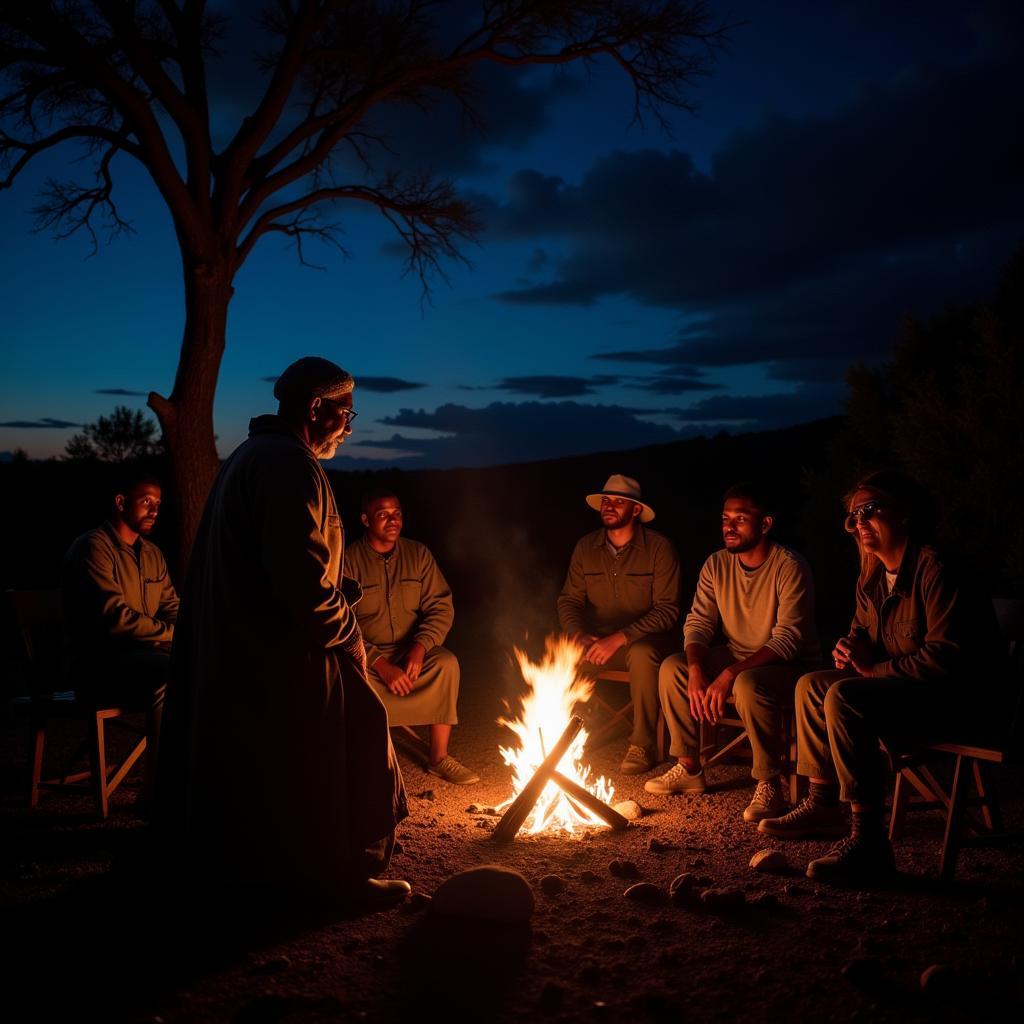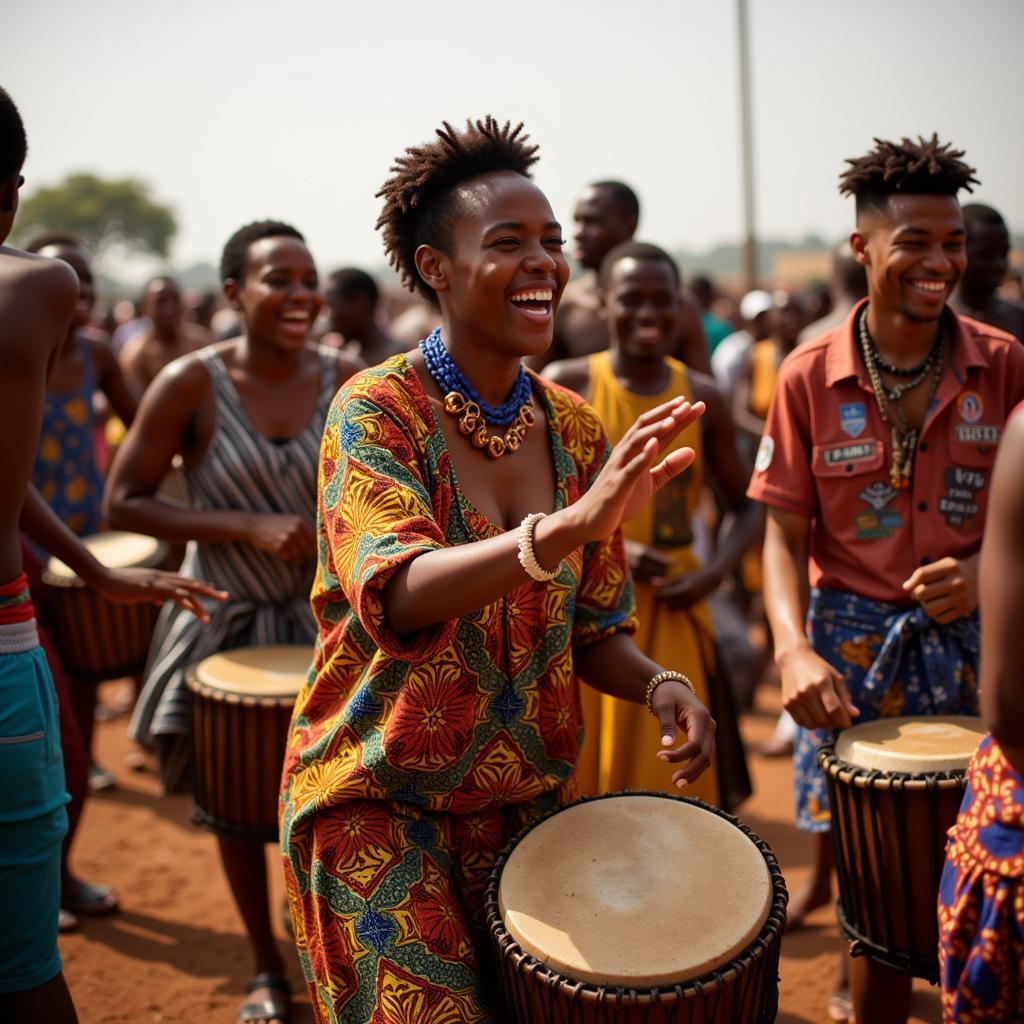Exploring the Literary Landscape: African American Female Writers of the 20th Century
African American female writers of the 20th century carved a unique space in the American literary landscape. Their powerful narratives explored themes of race, gender, class, and identity, giving voice to experiences often marginalized. From the Harlem Renaissance to the Civil Rights Movement and beyond, these writers challenged societal norms and offered profound insights into the human condition. This article delves into the lives and works of some of the most influential African American female writers of the 20th century, examining their contributions to literature and their lasting impact on American culture. We’ll consider their struggles, triumphs, and the rich tapestry of stories they wove. See our page on African American female authors for a broader list.
The Harlem Renaissance: A Flourishing of Black Literary Voices
The Harlem Renaissance, a period of vibrant artistic and intellectual activity in the 1920s and 1930s, provided fertile ground for African American female writers to flourish. Figures like Zora Neale Hurston, with her anthropological approach to storytelling in Their Eyes Were Watching God, captured the essence of Black Southern life. Nella Larsen, in Passing and Quicksand, explored the complexities of racial identity and the psychological toll of societal pressures. These writers defied stereotypes and celebrated the diversity and richness of Black life, contributing significantly to the blossoming of African American literature.
Beyond the Renaissance: Navigating Mid-Century Challenges
The mid-20th century brought new challenges and opportunities for African American Female Writers 20th Century. Ann Petry’s The Street (1946) offered a stark portrayal of urban poverty and the systemic racism faced by Black women in post-war America. Gwendolyn Brooks, the first African American to win the Pulitzer Prize for Poetry, captured the beauty and resilience of everyday life in her poems, while also addressing social injustice and racial inequality. These writers continued to amplify Black voices, challenging the dominant narratives and paving the way for future generations of authors.
The Civil Rights Era and Beyond: Voices of Change
The Civil Rights Movement and its aftermath saw the emergence of new voices and perspectives in African American literature. Toni Morrison, with her lyrical prose and exploration of Black identity and history in novels like Beloved and The Bluest Eye, became a literary icon. Alice Walker, in The Color Purple, gave voice to the experiences of Black women in the rural South, exploring themes of sexism, racism, and resilience. African American female playwrights like Lorraine Hansberry, with her groundbreaking play A Raisin in the Sun, also contributed significantly to this era’s literary landscape, highlighting the struggles and aspirations of Black families.
What were some common themes explored by these writers?
Common themes explored by these writers included racism, sexism, identity, family, and the search for belonging. Their works often highlighted the intersectionality of these experiences, revealing the complex realities faced by Black women in America.
Who are some lesser-known but equally important African American female writers of this period?
While figures like Morrison and Walker achieved widespread recognition, numerous other writers made invaluable contributions to 20th-century literature. Authors like Paule Marshall, with her exploration of Caribbean identity in Brown Girl, Brownstones, and Dorothy West, chronicling the lives of upper-class Black Americans in The Living Is Easy, deserve wider recognition. You can explore more about African American poets and writers on our dedicated page.
Conclusion: A Legacy of Literary Excellence
The African American female writers of the 20th century left an indelible mark on American literature. Their powerful narratives, insightful explorations of identity, and unflinching portrayals of social injustice continue to resonate with readers today. These women shaped the literary landscape, inspiring generations of writers and challenging us to confront the complexities of our shared history. African American female writers 20th century truly enriched our understanding of the human experience. Explore further on our resources on African amrican literatur and African American immigration history.
FAQ
-
Who was the first African American woman to win a Pulitzer Prize? Gwendolyn Brooks.
-
What is Their Eyes Were Watching God about? Zora Neale Hurston’s novel explores the life of Janie Crawford, a Black woman in the American South, and her journey of self-discovery.
-
What is the significance of the Harlem Renaissance? It was a period of flourishing artistic and intellectual creativity among African Americans, particularly in Harlem, New York.
-
What themes did Toni Morrison explore in her writing? Morrison’s works often explored themes of race, gender, history, and the psychological impact of slavery and racism.
-
Why is it important to study African American female writers? Their works provide crucial insights into the experiences of marginalized communities and offer diverse perspectives on American history and culture.
-
Where can I find more information about these writers? Libraries, online databases, and academic journals are excellent resources.
-
How did these writers influence contemporary literature? They paved the way for future generations of writers, particularly Black women, and broadened the scope of American literature.
Further Exploration
Are you interested in learning more about African literature? Explore our website for more articles on related topics.
Contact Us
For further assistance or inquiries, please contact us:
Phone: +255768904061
Email: kaka.mag@gmail.com
Address: Mbarali DC Mawindi, Kangaga, Tanzania
Our customer service team is available 24/7.

